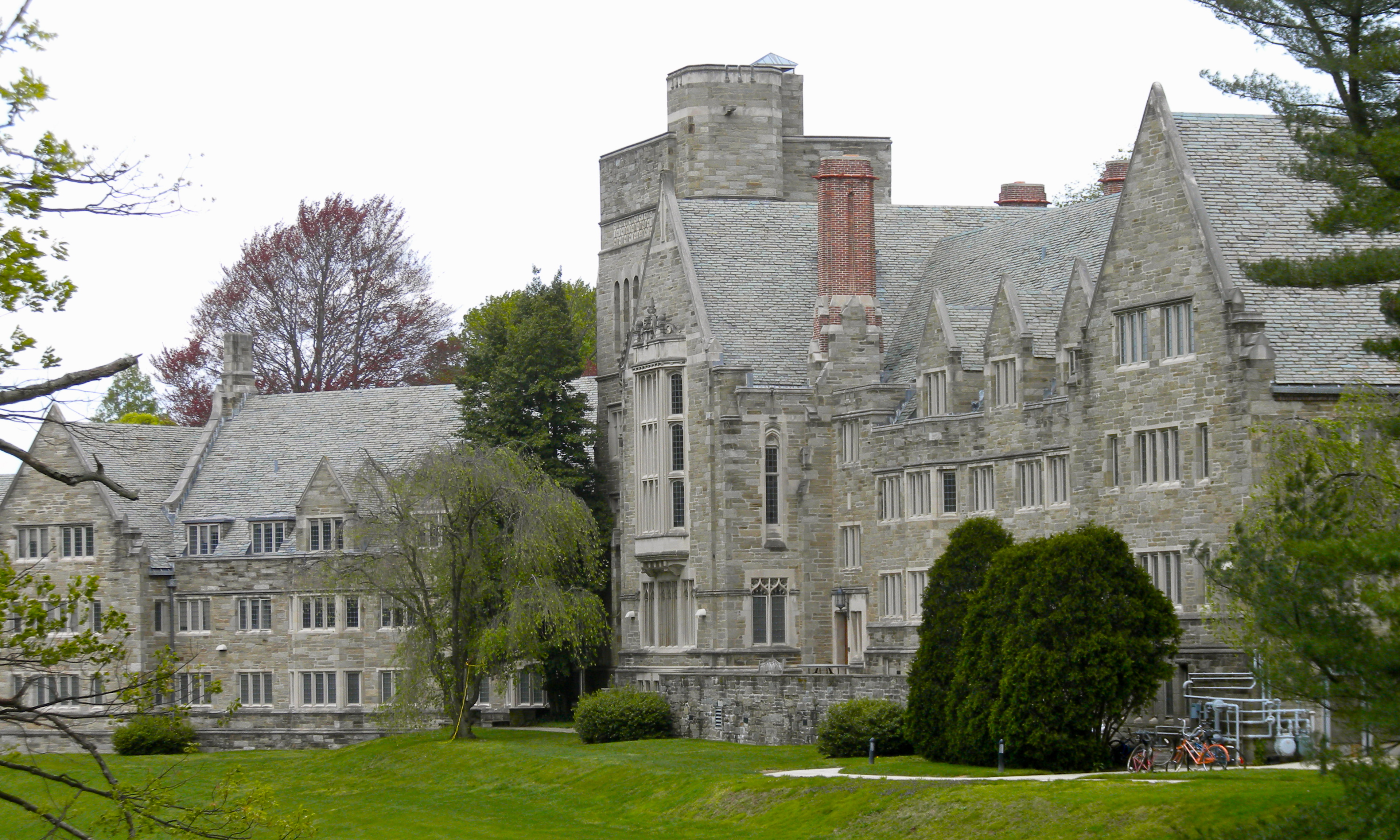By Kate Hawthorne, Staff Writer
Two weeks ago, on Jan. 27, 2017, President Donald Trump signed an executive order barring citizens of seven muslim-majority countries from entering the United States for a period of 90 days. Mass confusion ensued as many officials attempted to send back any non-American citizen coming from one of the seven countries — Iraq, Syria, Iran, Sudan, Libya, Somalia and Yemen — while the ACLU sat in airports attempting to help as many as they could. In response, people across the country have become increasingly worried about the future of immigrants and international students from the countries listed in the executive order.
Bryn Mawr College recently held an Open Spaces Conversation to address this topic. Jennifer Walters, Dean of the Undergraduate College, assured those attending the meeting that the college would continue to abide by its mission statement and ensure that all students, both current and future, are safe on campus. Campus Safety, she told students, will not be enforcing federal immigration laws, and the college will continue to not release information about citizenship or immigration status. Additionally, no future applicants will be discriminated against, and financial aid will remain available to all students who demonstrate need, regardless of immigration or citizenship status.
Dean Walters also discussed Bryn Mawr, Haverford, and Swarthmore’s action in getting most Pennsylvania colleges and universities to sign a letter to Pennsylvania senators regarding an extension of the BRIDGE Act. If enacted, the BRIDGE bill, which has recently been introduced in the Senate, would allow certain individuals to receive work authorization and prevent them from being deported for a period of three years.
On Jan. 28, President Cassidy and Dean Walters sent out a preliminary email regarding the colleges response to the executive order, recalling President Cassidy’s Dec. 2 message regarding Bryn Mawr’s support of the Deferred Action for Child Arrivals (DACA) Program and the education of undocumented immigrants.
Additionally, on Feb. 2, President Cassidy joined nearly 50 other university presidents — including President Kim Benston of Haverford and President Valerie Smith of Swarthmore — in signing a letter originally written by Christopher Eisgruber, the president of Princeton University, and Amy Gutmann, the president of the University of Pennsylvania. This letter urged President Trump to “rectify or rescind the recent executive order closing our country’s borders to immigrants and others from seven majority-Muslim countries and to refugees from throughout the world.” The letter further stated that “If left in place, the order threatens both American higher education and the defining principles of our country.”
On Feb. 3, President Cassidy sent out a link to a webpage Bryn Mawr set up regarding its reaction to the new immigration executive order, which includes links to resources, contacts, and events for Bryn Mawr students. The page can be found through the Bryn Mawr website.
In an interview, President Cassidy stated that, “One thing I do want to stress is that this is an evolving situation and that our goal is to help empower individual community members to make decisions that are right for them based on the best information that is available.”
She encouraged any students with questions to reach out to their deans or use the aforementioned website. She also made clear that the executive order threatens American higher education and the very foundation of this country. Moreover, it contradicts Bryn Mawr’s mission statement, which states that the college’s goal is to “sustain a community diverse in nature and democratic practice”.
President Cassidy concluded by stating, “Finally, the other thing that I wanted to share with you was my appreciation for so many members of the Bryn Mawr community. I am so grateful for all the students, faculty, and staff who have rallied together to support and care for one another. We have all immigrated to Bryn Mawr from somewhere and our community is all the richer and stronger because of our diversity.”
Haverford has also voiced its support for students from the affected countries. On Jan. 31, President Benston sent out an email declaring that Haverford will “uphold its principles of care, trust, and respect in supporting all members of this community” and will not voluntarily cooperate with any federal efforts to remove members of the community based on religion or country of origin. He advised members of the community to reach out to certain people if they had any concerns. President Benston also discouraged all international students from affected countries from traveling outside of the United States until the order and its ramifications have been clarified.
